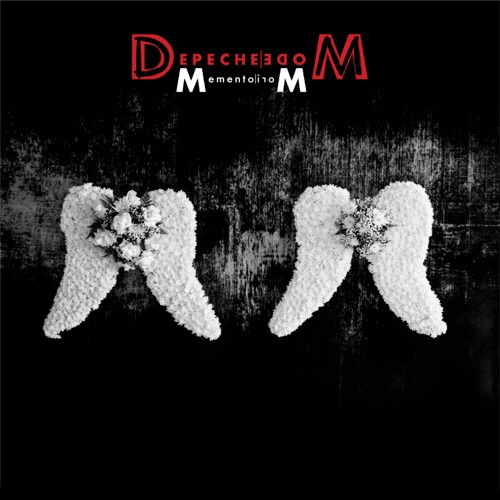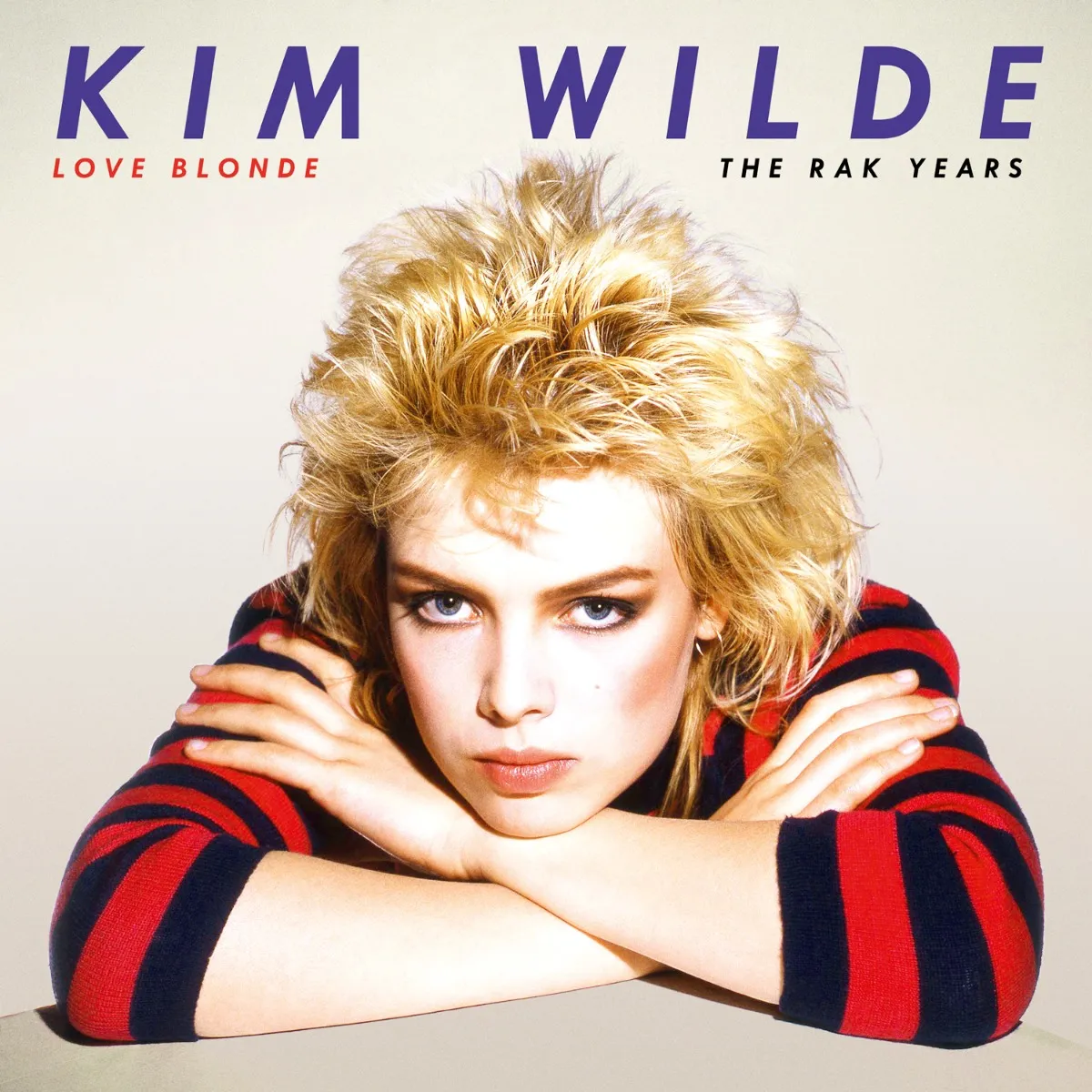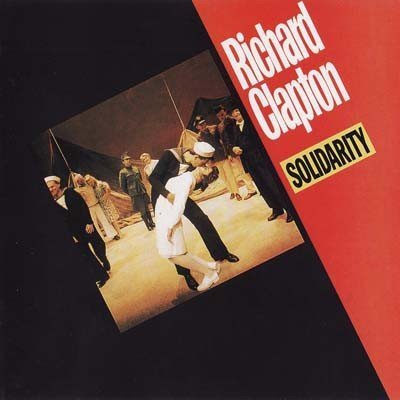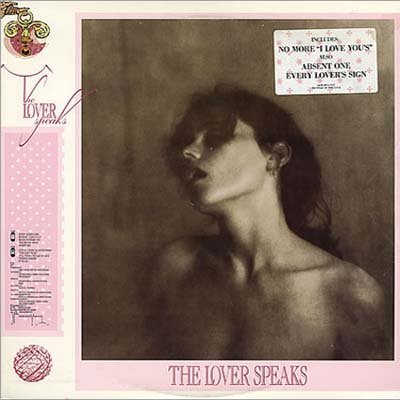
Hated with passion by any metalhead during the ’80s, over the years electro-pop masters DEPECHE MODE have become some kind of cult band for all Rock fans & musicians – no matter the sub-genre – with their classic songs covered by countless metal-related bands.
”Memento Mori” is the upcoming fifteenth studio album by DEPECHE MODE, set to be released on 24 March 2023, their first album in 7 years and the first to be released after the death of co-founder and keyboardist Andy Fletcher on 26 May 2022.
Some of you knowing this website ‘Rock’ focus may result surprised to see DEPECHE MODE here, however we love as well everything related to the Seventies / Eighties. After our first listen on “‘Memento Mori” we can’t imagine a ‘more ’80s pop’ album recently appeared than ”Memento Mori”.
Sure, the sound approach, as always, is foreboding and sleek, sardonic yet soulful, but the songwriting all over this album is pure ’80s in spirit, perhaps musically the band’s more retro-Eighties writing ever. Lyric-wise, there’s an exquisite darkness, death-obsessed even by DEPECHE MODE standards. An it’s fascinating.
Dave Gahan and Martin Gore are back with the group’s 15th album. But after losing the bandmate Andy Fletcher last year, their return was anything but certain. However the new album is here.
The title is “Memento Mori,” and the dominant theme is mortality — which isn’t, in itself, a departure. “Death is everywhere,” Gore wrote years ago, in a song called “Fly on the Windscreen,” whose narrator goes on to beckon, “Come here, kiss me, now,” because you never know.
“Memento Mori,” though, is death-obsessed with lyrics full of ghosts, angels and funeral flowers. Gore said that his own mortality had been on his mind, along with Covid-19, which was still cutting a swath through the world’s population as he wrote in 2020.
But Gore knows the album and its title are destined to be read through a different lens. In May 2022, Andy Fletcher, known as Fletch, died at 60, suddenly and quickly, of an aortic dissection. Fletcher was a founding member of Depeche Mode; he and Gore had been friends since grade school.
Nominally a keyboardist, Fletch’s true role in the band was nebulous, yet spiritually indispensable — somewhere between manager, quality-control supervisor and designated superfan. He died just weeks before the band was scheduled to begin recording “Memento Mori,” the first collection of Depeche Mode songs he will never hear.
Gore and Gahan say they both questioned whether they could or should continue without him. But Depeche Mode has survived potentially band-extinguishing events before — beginning with the departure of Vince Clarke, a founding member who left the group in 1981 after the release of its debut album, “Speak & Spell,” on which he’d been the principal songwriter.
In the ’90s the band weathered the rise of grunge — which rendered synthesizers and drum machines temporarily taboo — as well as the departure of the keyboardist Alan Wilder and Gahan’s struggle with heroin addiction. (Technically, Gahan is the first member of Depeche Mode to die; in 1996, after an overdose, he said he flatlined for two minutes before paramedics revived him. He’s been clean and sober since.)
In “Ghosts Again,” one of many introspective moments on ”Memento Mori”, Gahan croons, “Time is fleeting.” This is not a new revelation, but the tranquility in his voice feels fresh. More than four decades have passed since the group formed as a quartet of mostly teens eager to immerse themselves in the nascent synth-pop culture with party anthems like “Just Can’t Get Enough.”
Melancholy has long been an important part of the Depeche Mode experience, and, other than in their earliest days when Vince Clarke (later of Yazoo) was leading the group with carefree dance songs, they’ve specialized in vulnerability.
That openness, a sense of surrender, is the essential ingredient to Depeche Mode now. Even at their most romantic, like on, say, “Enjoy the Silence,” they’ve acknowledged how recognizing the absences in life are just as important as appreciating what you have.
So it’s not surprising that the group, whose two members are now in their 60s, titled the album ”Memento Mori” — a friendly reminder in Latin that you will (nay, must!) die someday — and they picked it while Fletch was still alive. (Fletch’s death didn’t make them second-guess the title. Instead, Gore has said, “It cemented it.”)
Acknowledging mortality defines much of ”Memento Mori”, but it never feels heavy handed or even all that sullen. Some of the tracks even sound upbeat pop.
On “Wagging Tongue,” a rare Gahan-Gore songwriting collaboration, Gahan sings about feeling sadness “when you watch another angel die” over sparkly New Wave synths that recall the group’s earliest work. The lyrics, which Gahan sings ominously, could be a metaphoric indictment of politicians needing to act on gun safety or Gahan could be singing about rising above personal obstacles, but, either way, with the shimmery keyboard backdrop, the words have a way of sticking in your brain.
And one of the album’s best song, “Soul With Me,” begins with an ambient intro that recalls the Eno-esque second side of David Bowie’s Low album before settling into a lightly poppy rhythm over which Gore serenely sings, “I’m going where the angels fly … and I’m taking my soul with me” over chords that also build Heavenward. The music sounds so gentle, almost like sci-fi easy listening, that it’s easy to be swept away in the chords while missing Gore’s allusions to a stairway to heaven and bidding adieu to this mortal coil.
This is ’80s pop in a 2020’s sonic package.
The duo still specializes in pensiveness, too. “Before We Drown,” cowritten by Gahan, drummer Christian Eigner and multi-instrumentalist Peter Gordeno (members of Depeche Mode’s touring lineup), builds tension minute after minute, as Gahan sings, “First we stand up, then we fall down/We have to move forward, before we drown.” Synths effervesce eerily like fireworks around his voice as he sings the final words.
“Always You” features buzzy synths and an emulation of steel drums buried deep in the track as Gahan places all his hope in someone, “You’re all I need to keep believing.”
And on “People Are Good” — a Gore composition which feels like the long lost coda for “People Are People” — Gahan reminds himself that despite all the ills of the world, people are supposed to be good. The music, which builds layer upon layer, recalls the group’s mid-Eighties sound of Black Celebration and Music for the Masses; “Everything will be all right in time” they offer, before returning to the original message: “Keep fooling yourself that people are good.”
Occasionally, the sense of absence in the songs feels overwhelming; the chorus to “Caroline’s Monkey” is brutally sparse and stilted, as Gahan sarcastically sings, “Folding’s better than losing/Fixing’s better than healing” before eventually landing on “sometimes.” But mostly, the group packages its dark thoughts in ways that pay tribute to its past while acknowledging ghosts that haunt the present, and the spirits yet to come.
The final track, “Speak to Me,” even feels like Depeche Mode’s version of the Beatles’ “A Day in the Life,” via fuzzy synths and Gahan’s pleas for human contact. “I’d be grateful [to connect with you], I’d follow you around,” he sings, “I’m listening, I’m here now, I’m found,” before the synths crescendo into a cacophony.
As always with Depeche Mode, everything counts in large amounts, and on ”Memonto Mori”, the stakes feel bigger than ever.
Tracklist:
01. My Cosmos Is Mine (05:16)
02. Wagging Tongue (03:24)
03. Ghosts Again (03:58)
04. Don't Say You Love Me (03:48)
05. My Favourite Stranger (03:57)
06. Soul With Me (04:15)
07. Caroline's Monkey (04:16)
08. Before We Drown (04:05)
09. People Are Good (04:24)
10. Always You (04:18)
11. Never Let Me Go (04:03)
12. Speak To Me (04:35)
Depeche Mode – Memento Mori (2023)
 |









